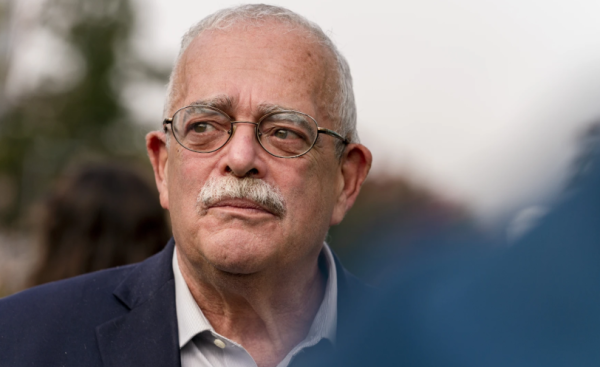Facebook Apps “Shutdown”… Coincidence or Damage Control?
Facebook apps shut down once again Monday, October 5th due to “configuration changes on the backbone routers,” according to Facebook’s vice president of infrastructure, Santosh Janardhan.
Coincidentally, a whistleblower had accused the company of “betraying democracy” the day prior. The claims stated that the company’s own research revealed it’s platforms not only harm teens’ mental health, but also escalate hate, misinformation, and political unrest, which entices users to spend more time on the platform.
The whistleblower, Frances Haugen, a data scientist from Iowa, copied thousands of documented Facebook internal research including a study that estimated “[Facebook employees] may action as little as 3-5% of hate and about 6-tenths of 1% of V & I [violence and incitement] on Facebook despite being the best in the world at it.” Another internal study revealed 13.5% of teen girls say Instagram worsens suicidal thoughts, and 17% of teen girls say Instagram worsened their eating disorders.
In an interview with 60 Minutes, Haugen described the consequences of living in an age of information as people are constantly being exposed to “angry, hateful, polarizing content,” that “erodes our civic trust… faith in each other… ability to care for each other,” and that Facebook is “tearing our societies apart and causing ethnic violence around the world.” As a result of prioritizing profit over their users’ wellbeing, Facebook even went so far as to dissolve it’s Civil Integrity Unit, according to Haugen..
These conflicts were sparked after an algorithm change in 2018. The algorithm even drew complaints from major European political parties, allegedly having forced them to “take positions that [they] don’t like, that [they] know are bad for society. [They] know if [they] don’t take these positions, [they] won’t win in the marketplace of social media, ” according to Haugen. This new algorithm essentially gives it’s user content based on what they engage with the most, even if the content is hateful and polarizing. This creates an echochamber for Instagram users, a breeding ground for extremists. Even Facebook employees felt the company should do more to mitigate the negative effects of it’s platforms.
On March 25, Facebook CEO Mark Zuckerberg testified regarding the new algorithm , “We have removed content that could lead to imminent real world harm. We have built an unprecedented third party checking program. The system isn’t perfect. But it is the best approach that we have found to address misinformation in line with our country’s values,” Zuckerberg said.
In contrast with Zuckerberg’s testimony, Haugen reported that Facebook had successfully changed the algorithm to reduce misinformation during the 2020 presidential elections, in an attempt to limit political tension and unrest. However, the modifications were only temporary. After the elections, pro-Trump extremists used Facebook to organize the January 6th insurrection, and prosecutors have even cited posts as evidence. But this isn’t the first time; there have been past controversies about Facebook’s role in Russian intervention in the 2016 Presidential Election, as well as irresponsible handling of user data.
Haugen and her team of lawyers have filed at least 8 complaints with the SEC, the U.S. Securities and Exchange Commission, urging them to regulate Facebook’s activity. The team’s argument is that as a publicly traded company. Facebook is obligated to be completely transparent with/to its investors, and it’s the SEC’s responsibility to ensure that investors won’t be adversely affected by material misstatements on behalf of the company. Ironically, Facebook’s shares dropped approximately 5% the same day that the whistleblower results were released. Frances Haugen testified on Capitol Hill before a senate subcommittee the following day; “This will have a big enough impact on the world that they will get the fortitude and the motivation to actually go put those regulations into place”, hopes Haugen.
Dareen Khoshnaw is a junior at South Lakes High School, and this is her first year as a staff writer for The Sentinel. She has always been passionate about...
















